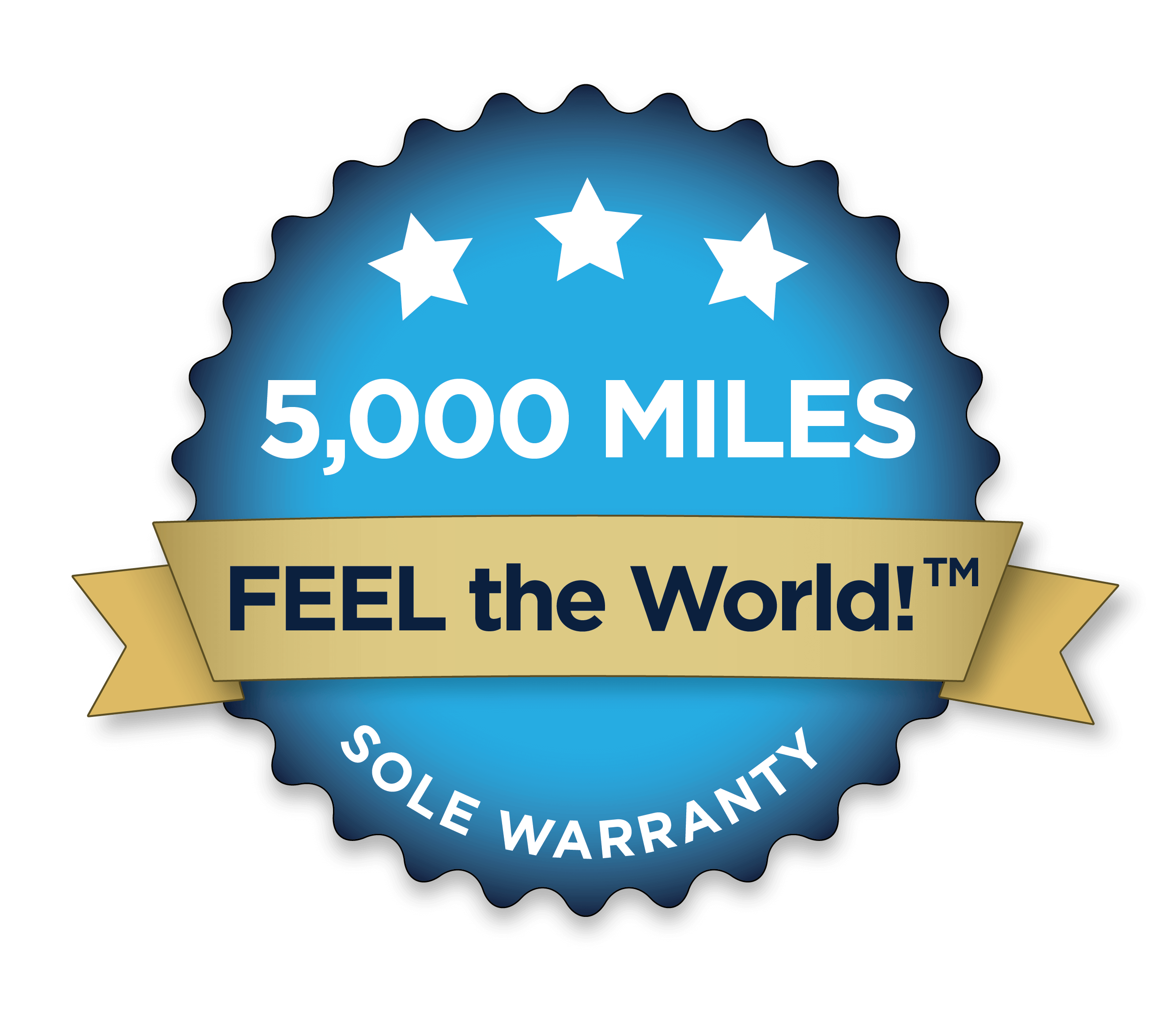As barefoot running and walking (and hiking, and kayaking, and anything else you can do barefoot) become more popular, the one question that comes up more and more is:
Will being barefoot or in Xero Shoes cure me of my problems?
And the list of problems includes:
- Flat feet
- High arches
- Leg length differences
- Plantar fasciitis and heel pan
- Achilles tendonitis
- Pain in the ankle, foot, knee, hip, back
- … and a LOT more
This is a good question.
And if you hang out in the barefoot world, you will definitely hear from someone who says that being barefoot cured them of pretty much anything and everything.
So, will being barefoot cure you of what ails you?
The short answer is:
Who knows?
It’s not as simple as: take off your shoes and you’ll be instantly cured of every injury you’ve ever had, able to run without effort for days at a time, and awarded the key to every city you breeze through on your double-marathon-a-day cross country jog.
Running and walking barefoot is an invitation.
An invitation to, first, listen to the sensations in your feet and the rest of your body. And then, secondly, an invitation to change what you’re doing based on that information.
It’s not a contest to see if you can endure pain until “your feet toughen up” nor is it an instant cure-all.
(For the record, if you check out the feet of any good barefoot runner, they are NOT calloused, blistered, or tough. And, for the record, I’m not talking about Kenyans or Tarahumara who grow up doing everything barefoot… that’s a completely different situation than running for 5-50 miles a week in a controlled fashion.)
So, back to the question at hand…
If you listen to your body (that is, pay attention to when something is uncomfortable), and adjust your form, and continue to explore the question, “How can I make this easier, lighter, softer, faster?” then guess what you’ll probably clear up:
Any problems or injuries you had from not doing the above.
If your injuries and aches and pains were caused by bad form, then changing your form to something better could heal what ails you. Seems pretty obvious, yes?
But, again, this doesn’t happen just because you’ve taken off your shoes. It’s possible to be barefoot and still do everything wrong, namely, not listening, and not changing.
Going barefoot, or wearing Xero Shoes gives you an opportunity to listen, to adapt, to explore, and to discover what can happen for you… if you take the opportunity.
Some medical professionals (most of whom, it seems, have never run barefoot at all, let alone on a hard surface) will argue, “There are no studies that show that PROVE the value of barefoot running!”
Absolutely correct.
There are also no studies that prove it causes more problems than running in shoes, even though some medical professionals make that claim.
And it seems that claim is based, as far as I can tell, from their lack of understanding of statistics and sample bias — that is, they only see the ones who are injured, not the ones who aren’t… and don’t know the total number of barefoot runners so they can’t tell if this is more/less problematic than shod running. Plus, again, it’s not just a question of whether someone is running barefoot (or minimalist), but HOW they’re doing it. Besides, there’s no studies that show running shoes prevent injuries either!
Look, I’m not a die-hard “Everyone must be barefoot!” guy. Granted, since 2009 I’ve spent less that 7 days in any footwear other than Xero Shoes or my sprinting spikes (I’m a competitive sprinter). And, yes, running barefoot did improve my form and eliminate a number of injuries that had plagued me. I used to have flat feet and I wore orthotics for 30+ years… now I no longer have flat feet and love that I’m not spending $2-500/year on foot inserts.
But “barefoot vs. shoes” is still a conversation. And a new one at that.
There’s been some suggestive research, but nothing definitive. And this is more a function of how hard it is to do good research than anything else.
I hope the conversation can continue long enough, and with enough attention that we have some real answers, answers that help people run and walk with lightness, freedom, and fun.
The content of this post does not constitute and is not intended to be a substitute for professional medical advice, diagnosis or treatment. Always seek the advice of a physician or other qualified health provider with any questions or concerns you may have about your health or a medical condition.











 Fostering honest and responsive relationships between businesses and consumers.
Fostering honest and responsive relationships between businesses and consumers.










